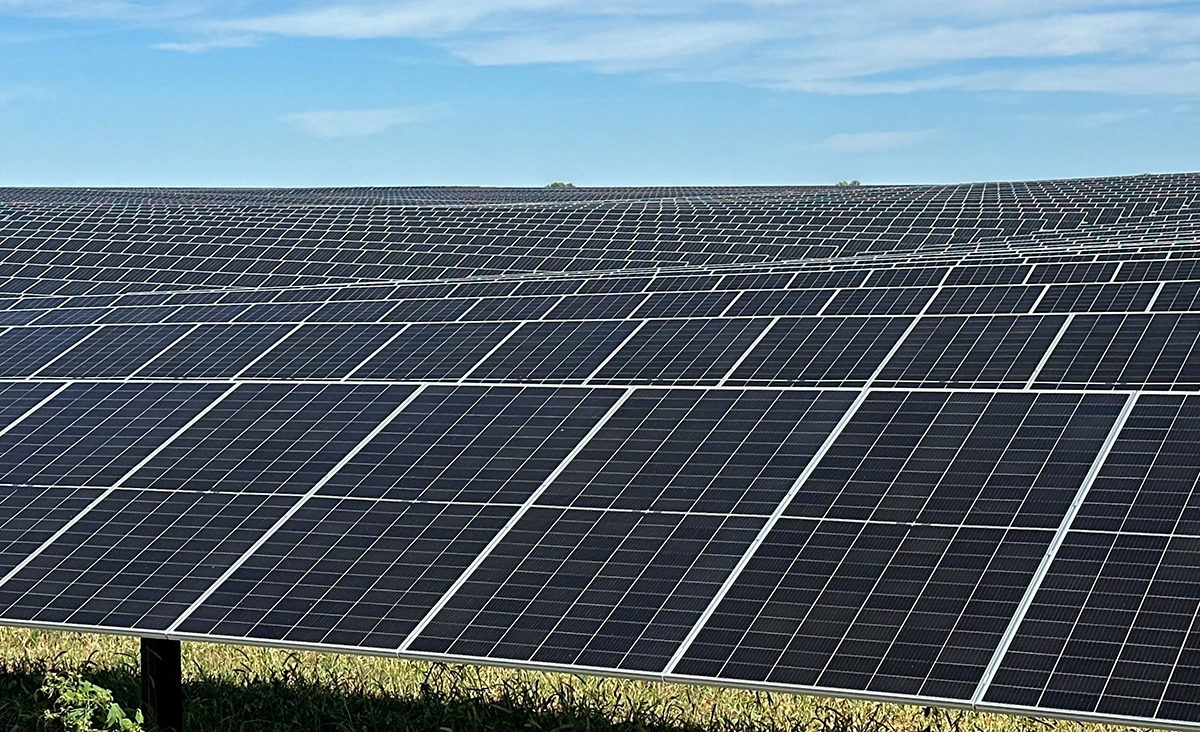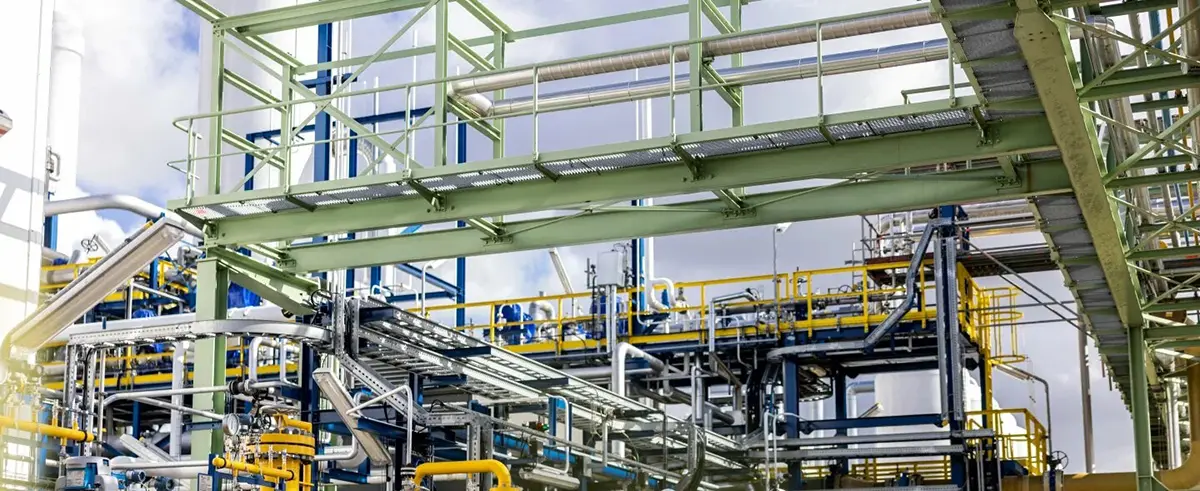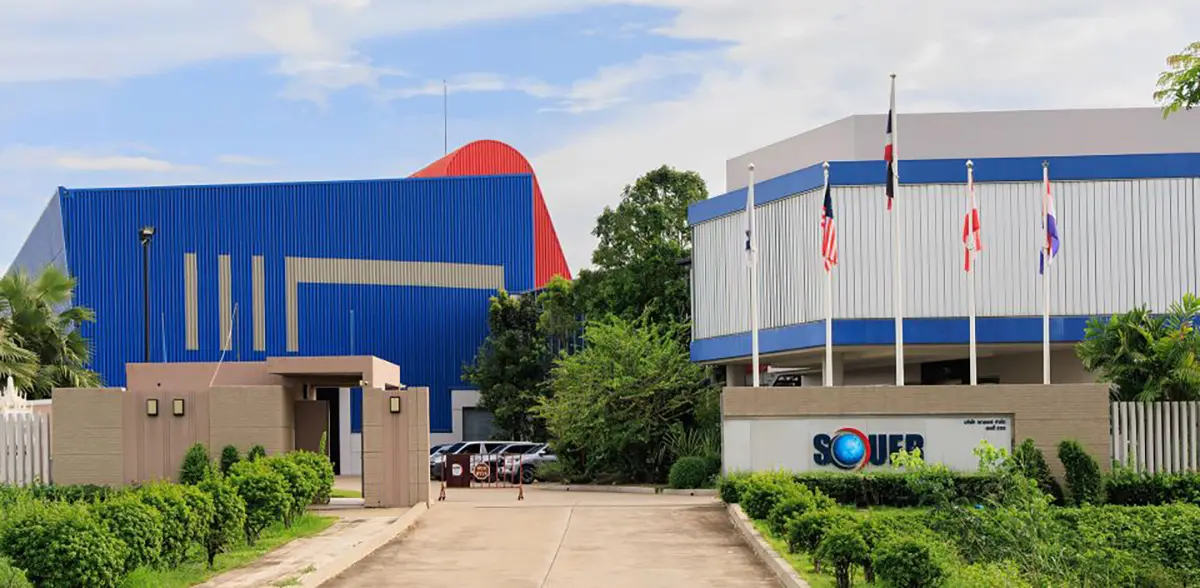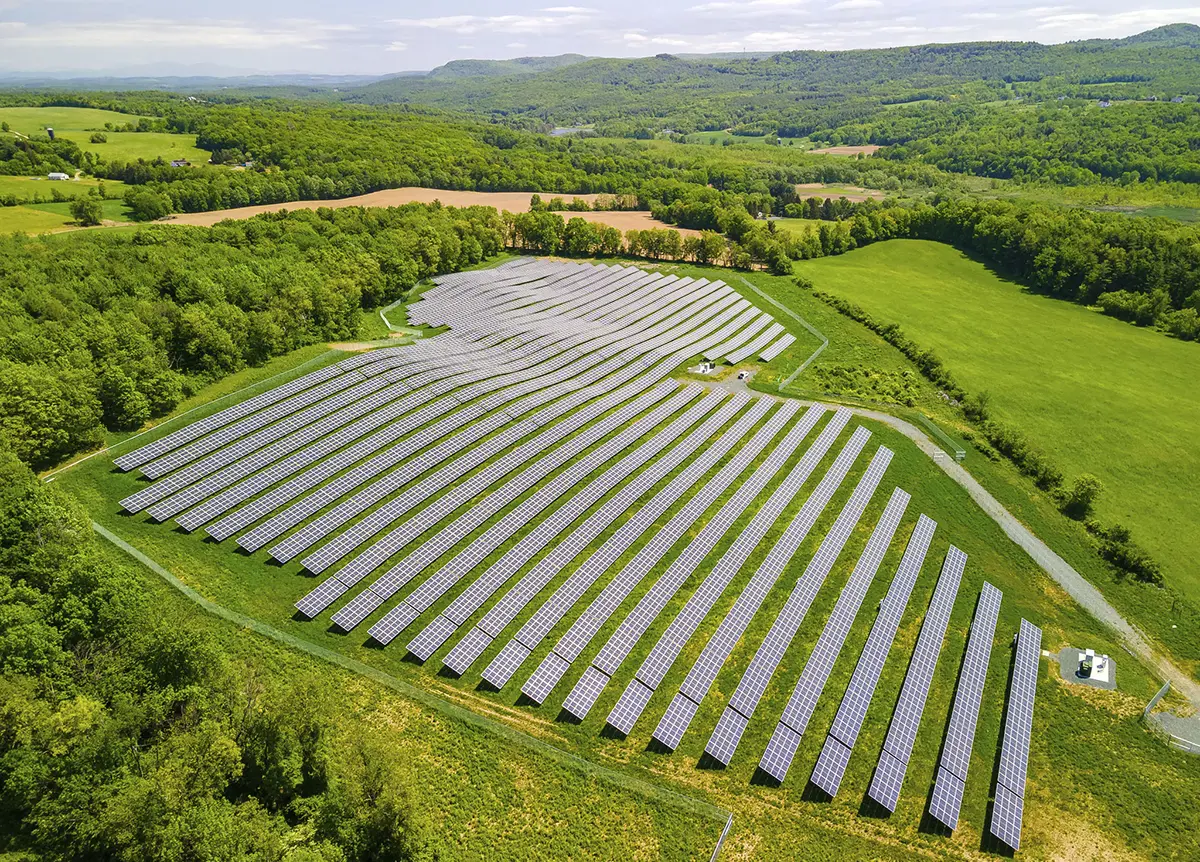
Rebel Gardening
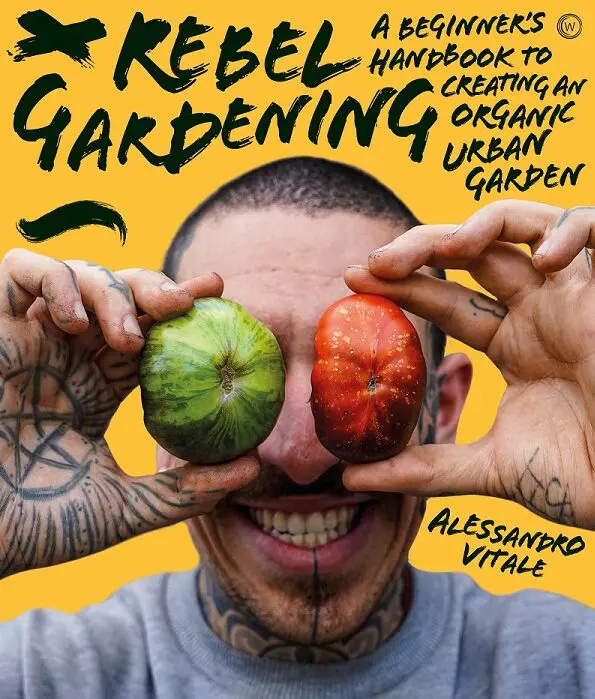
This article is an excerpt from Alessandro Vitale’s “Rebel Gardening.”
Rebel gardening shows that anyone can grow a garden of delicious organic fruit and vegetables, wildlife-friendly flowers, and an abundance of herbs in absolutely any urban space with just a little bit of know-how.
It is all about not conforming and getting back to our roots. A rebel is normally someone who wants to fight against tradition, but I want to embrace it and make sure our connection to nature isn’t lost. It is about looking for the opportunities to connect with nature and not the reasons why we can’t. If I can do it in a rented flat in London where I didn’t even have access to water in the garden, I truly believe anyone can.
We are not born knowing how to grow but we are born knowing how to naturally look after and care for things. It builds relationships and bonds and reminds me of my grandpa every time I am out in my little garden. How funny that gardening used to be the lifeblood of our existence and now it is seen as rebellious as we are doing something so different. We’re not going to the store and falling in line; we are instead experimenting and breathing life into the tiny streets of big cities. Imagine if we all came together to do this across the world. What if we created community gardens in all of the large cities where you could simply wander around and pick produce. This is a utopian vision, but we all have to strive and believe in something. I truly believe we can, and will, change the world.
“In modern society, I feel like growing your own food and trying to be self-sustaining is the ultimate act of rebellion!”
What is Rebel Gardening?
When I started growing food in my garden, I used conventional methods, which generally involved trying to add as many beneficial things as possible to the soil and using chemicals at the first sign of pests snacking on my precious plants. I soon learned that using chemicals in the garden not only kills the whole range of insects without distinguishing between good and bad, but also makes plants weaker. A healthy, productive vegetable garden requires you to understand how to handle pests without resorting to manmade chemical pesticides, which not only keeps you from ingesting such powerful chemicals in the future but also helps you avoid pest problems in the first place. Around 5.6 billion pounds of chemical insecticides are used worldwide each year. The majority of sprayed pesticides may be removed from the surface of fruit and veggies through washing, but some are systemic, meaning they are absorbed into your fruit and vegetables during the growing process.
Not only can pesticides affect bugs, but they have an impact on the entire food chain as a whole. The number of bees in the UK has significantly decreased over the past few years, along with the number of pollinators decreasing every year all over the world. All of the honeybees in the hive could be affected by pollen contamination, and it could even lead to the death of the colony. Fruit and vegetable plants cannot survive without the pollination that bees provide; therefore we appreciate them not just for their honey but also for their friendly presence in our gardens that enables everything to continue growing.
The Dangers Of Tilling
Tilling is when soil is turned over and broken up in order to get the ground ready for planting. Soil is tilled and chemical fertilizers are used to feed plants in industrial agriculture, which worsens the situation. Most businesses now employ chemical fertilizers to improve agricultural production since they are quick and easy to use. Because of this, soil productivity declines, streams are contaminated, and air pollution is worsened, while soil hardens, organic matter is lost, and pH drops. Tilling, which is meant to prepare the soil for the next season, also damages the natural ecosystem.
Tilling is a common practice for improving soil aeration, but research studies show that the risks exceed the benefits. Tilling disturbs the soil’s naturally occurring bacteria and animals, which are essential to its fertility. It is these dead organisms decomposing in the soil that gives a temporary fertility. A very short-term solution! Tilling also causes soil erosion and degeneration by releasing carbon from the soil that had been absorbed by plants. This results in the emission of carbon dioxide into the atmosphere. Any use of chemical pesticides, herbicides, or any form of tilling is strictly prohibited in my method. One way to improve the environment is to practice organic gardening. Soil regeneration and working with nature are two of my goals, which I hope will help us meet our needs for food and promote macro- and microbiome diversity.
Helping The Planet
Having your own growing space will not only provide you with fresh food that can improve your overall health, but it will also help to reduce the negative environmental impact that our society has on the world.
These are just some of the positive outcomes:
- By producing your own food, you will contribute toward a reduction in food transportation costs and air pollution, as your food doesn’t need to travel far from soil to plate.
- Urban backyards and green areas also help to reduce carbon emissions levels in cities, which in turn makes the air cleaner and healthier for its residents.
- Pollinators need our help. Loss of habitat is one of the main reasons why we see fewer bees, butterflies and other insects visiting our gardens. By planting a variety of native and non-native plants in your garden you help to slow and reverse the decline of insects.
- And don’t forget — spending time in your own green area boosts your mental health and happiness!
“Though something like a strawberry plant may be small, growing one has the same effect as growing a tree or a forest. It can help mitigate global warming by taking in CO2, like any other plant. The difference might be small, but in a situation like ours, every little bit counts.”
Alessandro Vitale, also known as Spicy Moustache, began gardening as a child with his grandfather, who taught him everything he knew about gardening and the “living soil” surrounding us. When Alessandro moved to London, he felt passionately that he wanted to get back in touch with that living soil and find an area where soil and living creatures could coexist again. He shares his adventures in his small London garden on his YouTube channel, The Spicy Moustache, where he helps others to reestablish their missing link with nature through urban gardening. He specializes in all-organic techniques, Korean JADAM gardening, and sustainability. He has been featured on Tamron Hall TV show in the US, The Guardian, Walesonline, Get.waste.ed, Goodnewsnetwork and Ladbible.





